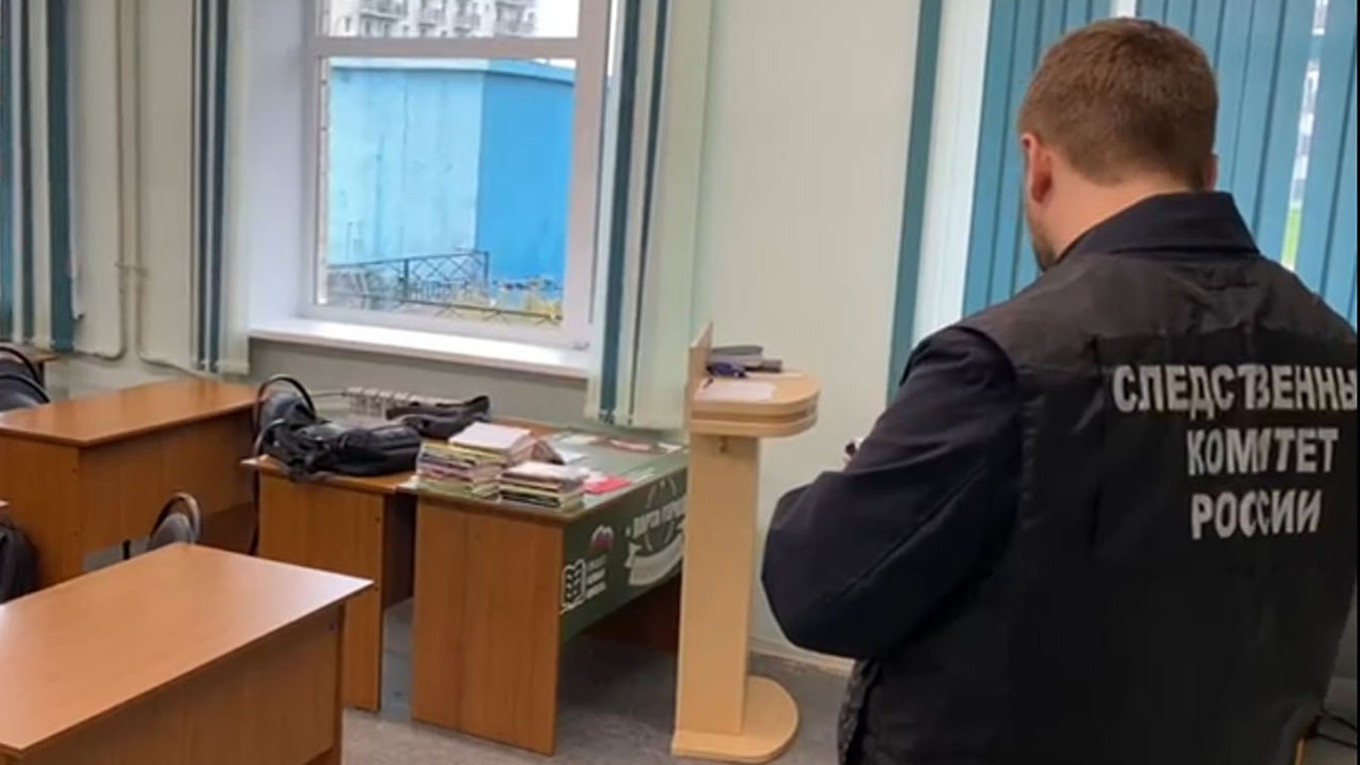An 18-year-old former student has been arrested for allegedly stabbing and injuring at least two individuals at a college in the Arkhangelsk region of northwestern Russia, according to law enforcement officials on Monday.
The young man faces charges of attempted murder, as stated by the regional division of Russia’s Investigative Committee, which handles serious criminal cases.
“Initial reports suggest that he had been expelled from the college earlier,” the investigative agency indicated.
Local police reported that fellow students assisted in subduing the assailant and handed him over to law enforcement.
The two victims, who were female employees of the college born in 1963 and 1973, sustained stab wounds and were taken to the hospital. Investigators later informed the state-owned TASS news agency that a third individual might have also been harmed during the incident.
Telegram channels linked to Russia’s security services have named the suspected attacker as Artemyi Koryukov, who reportedly had been dismissed from the Arkhangelsk College of Construction and Economics due to insufficient academic performance.
One channel, Baza, released a short clip showing a young man with a bloodied face and a kitchen knife, wearing a black mask — purportedly Koryukov.
Baza also alleged that just hours before the attack, Koryukov updated his social media profile picture to one that alluded to the December 2024 shooting of UnitedHealthcare CEO Brian Thompson in New York City.
Additionally, Baza shared videos claiming to show Koryukov simulating an attack on the college through the video game Minecraft in 2024.
The Moscow Times has not been able to independently verify these assertions.

